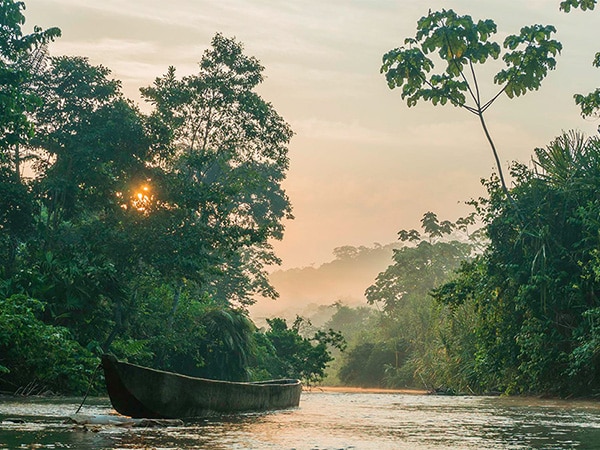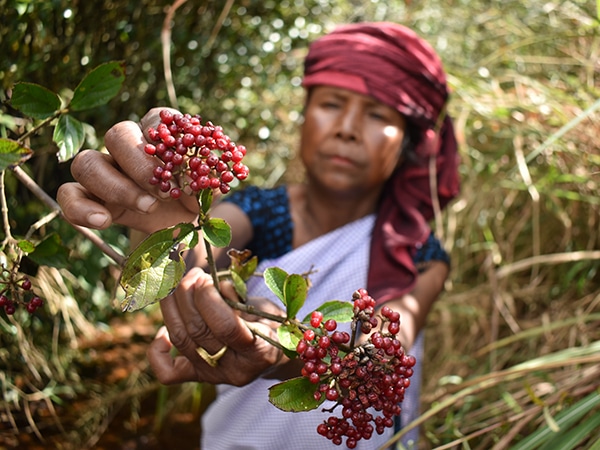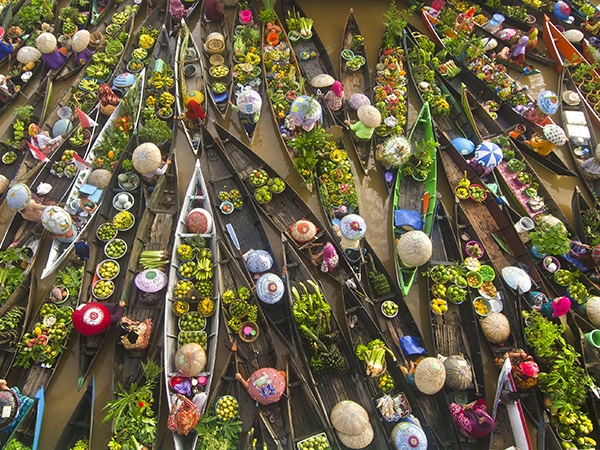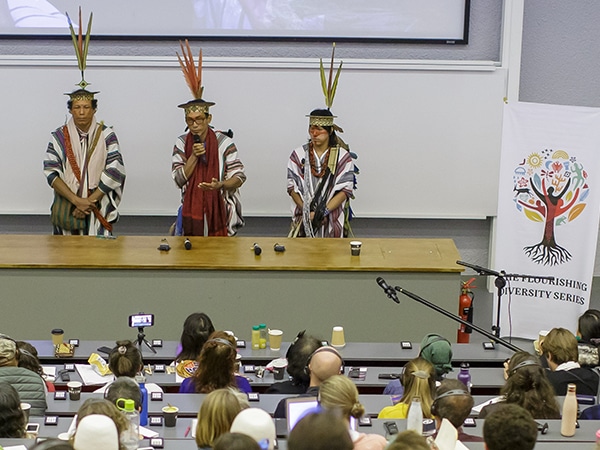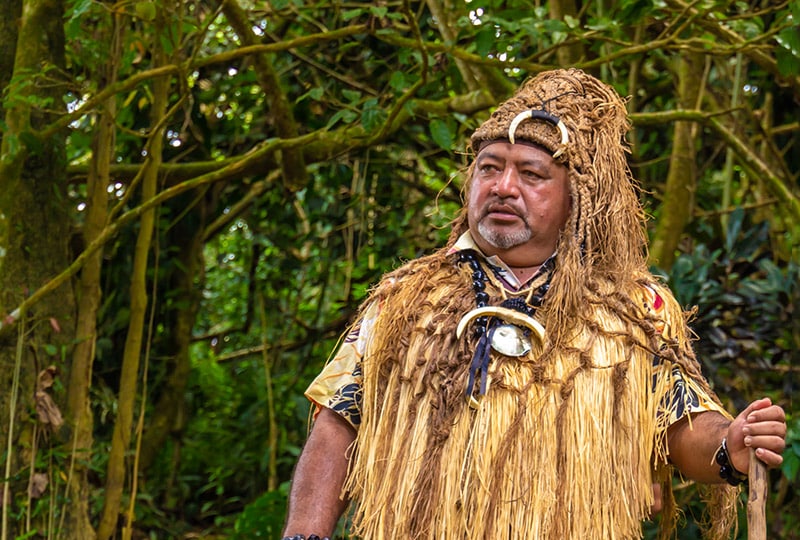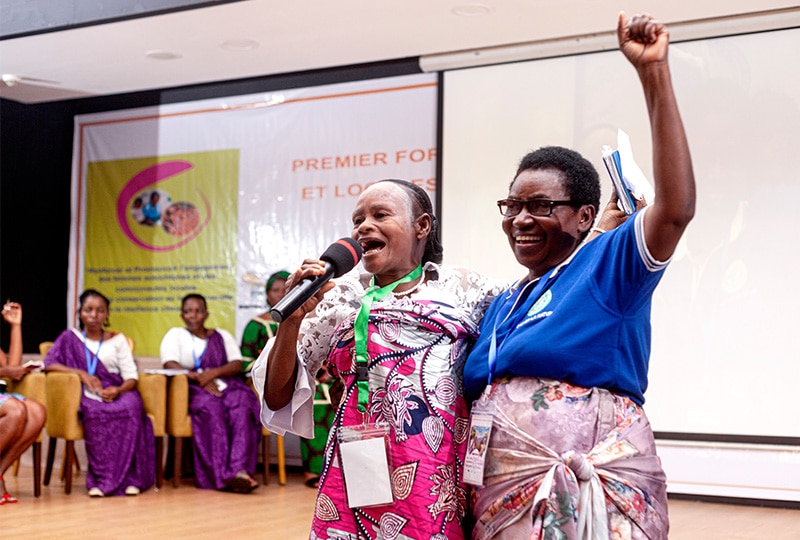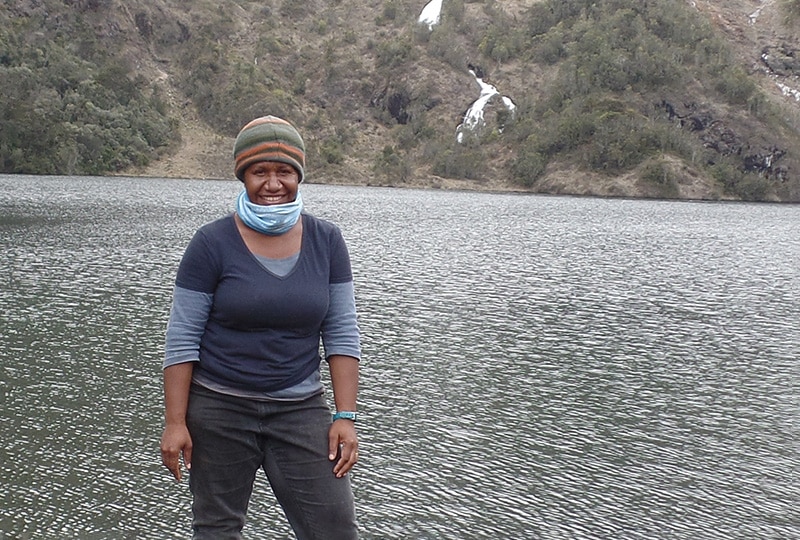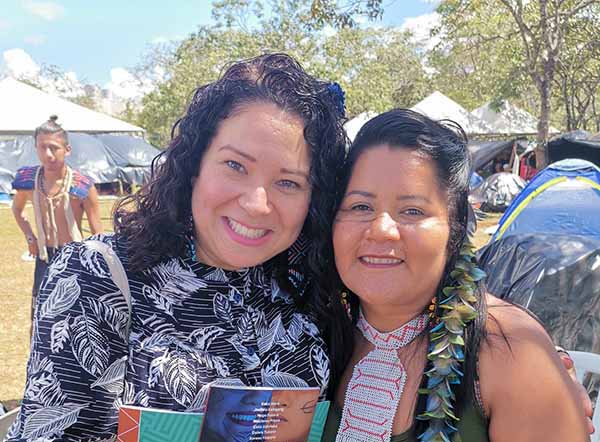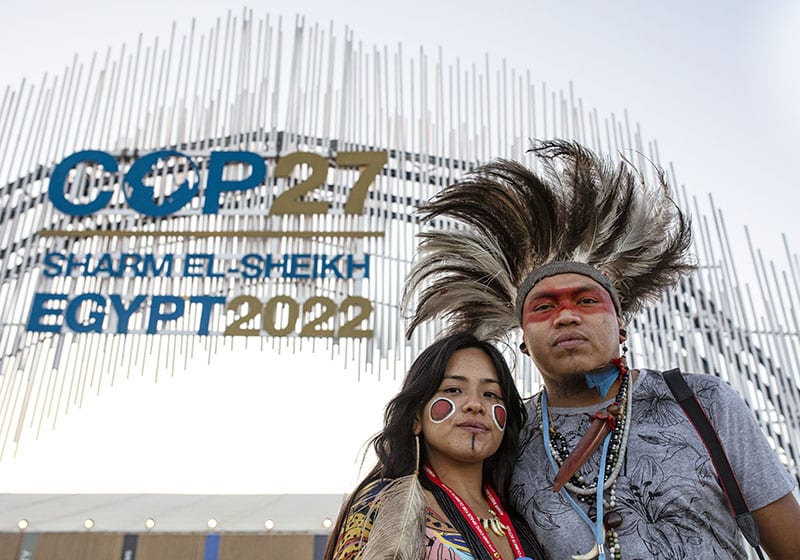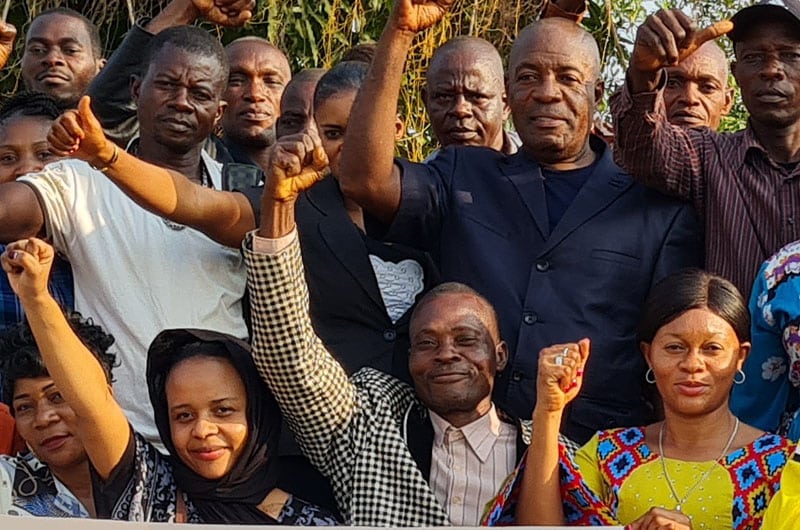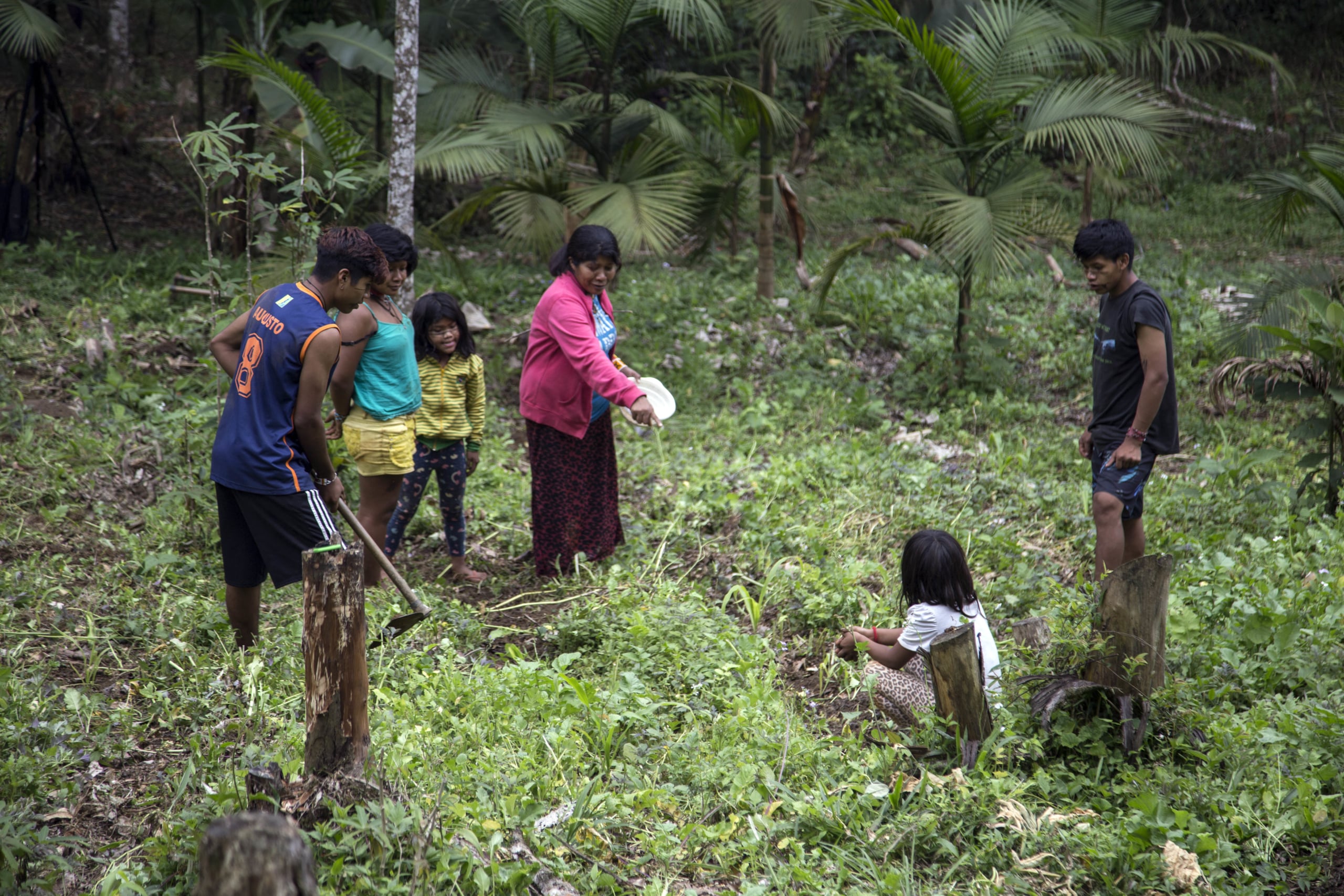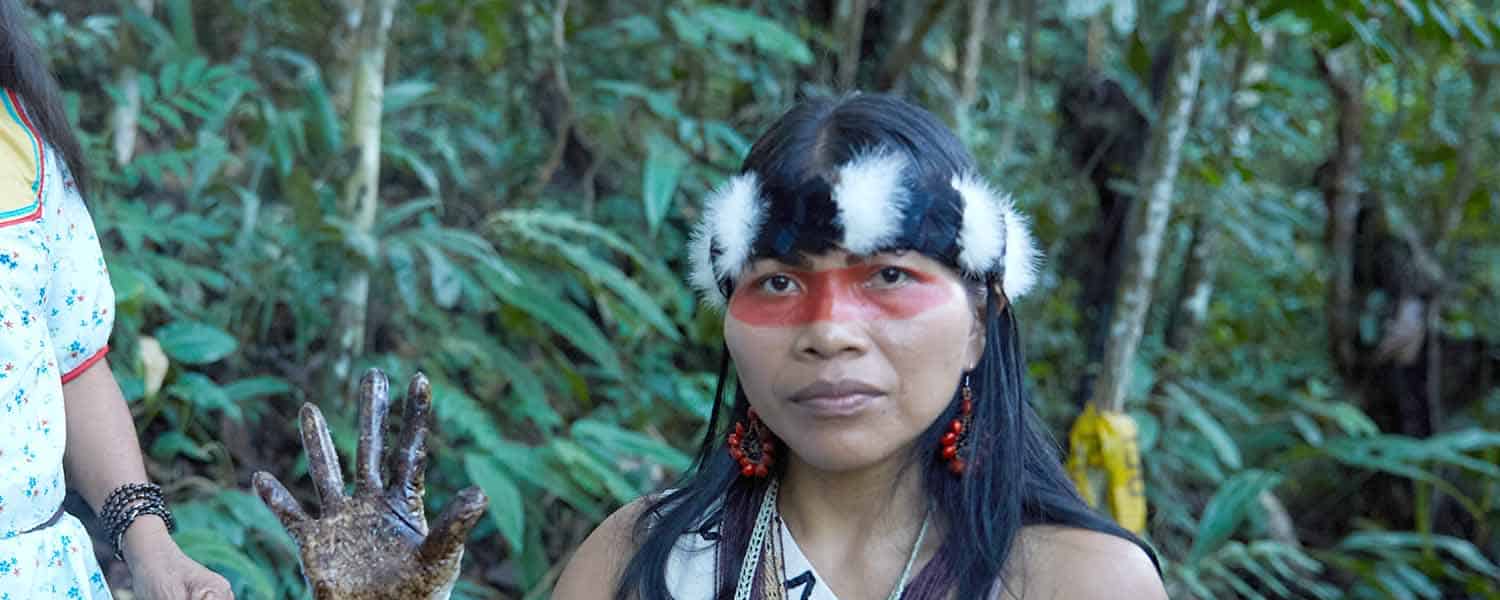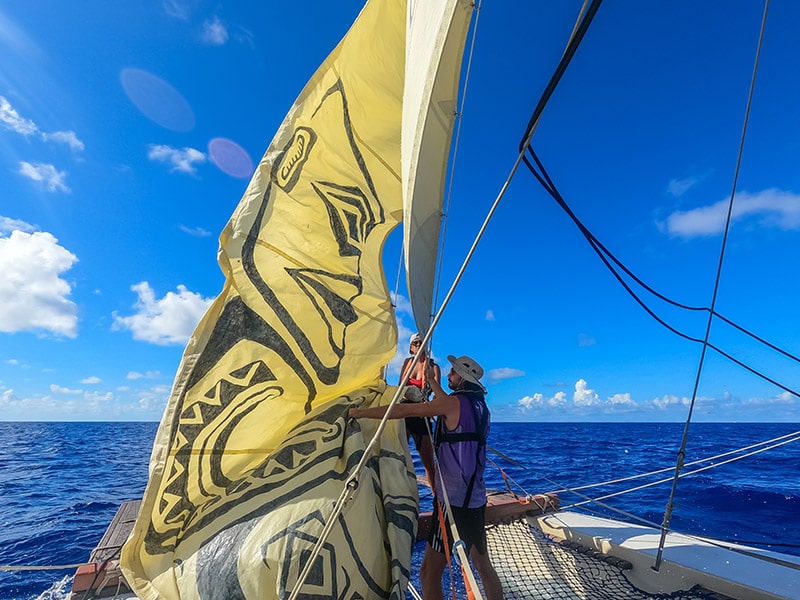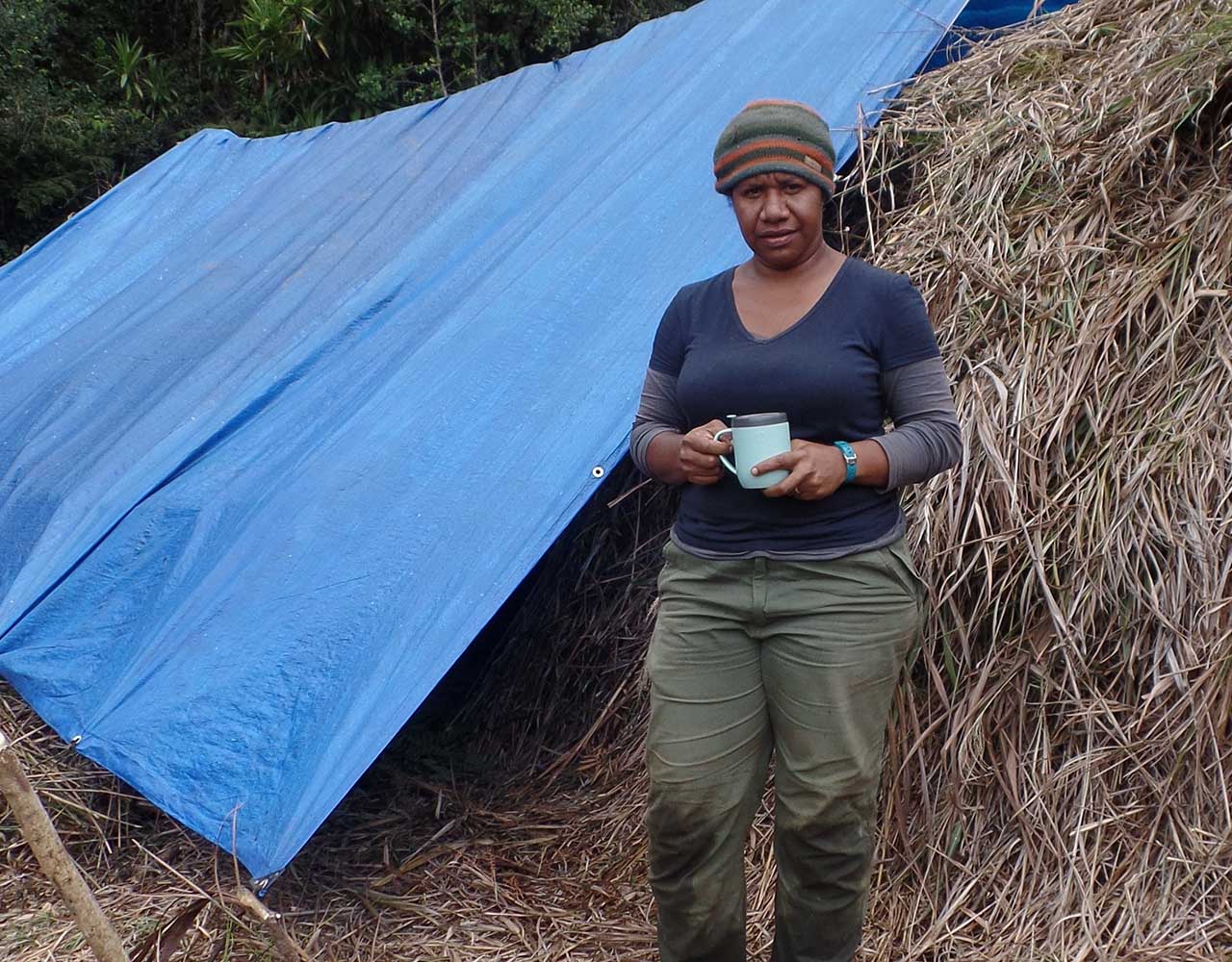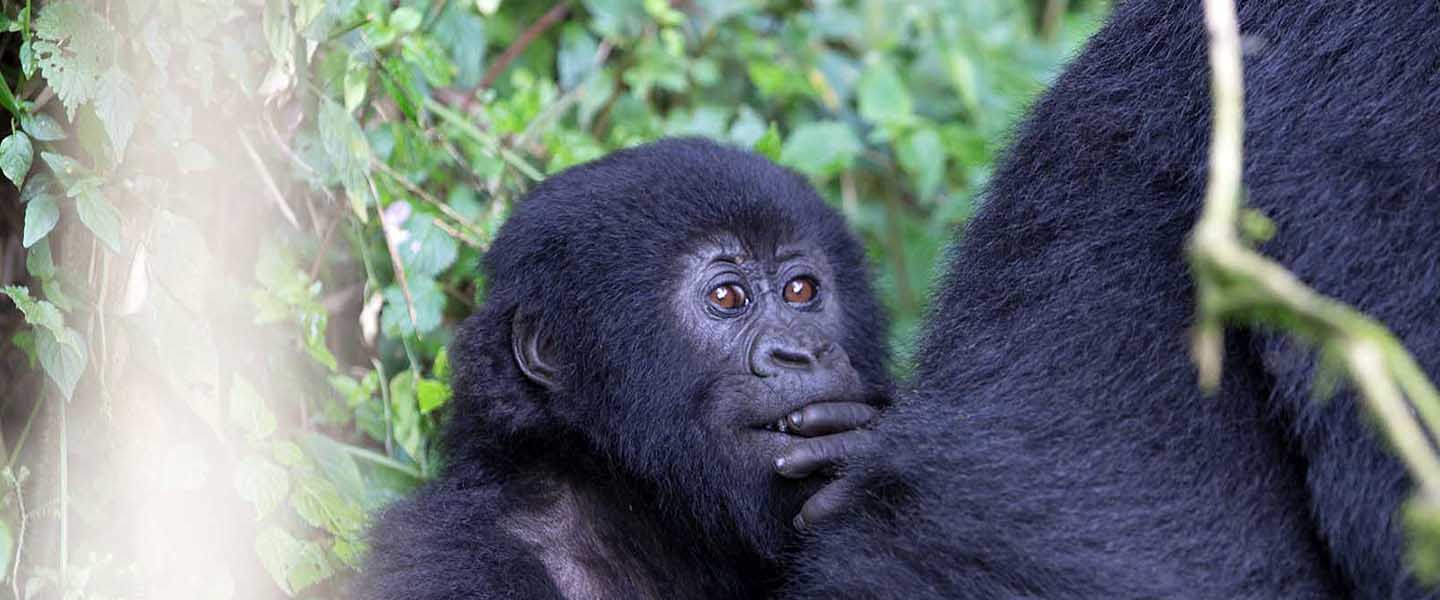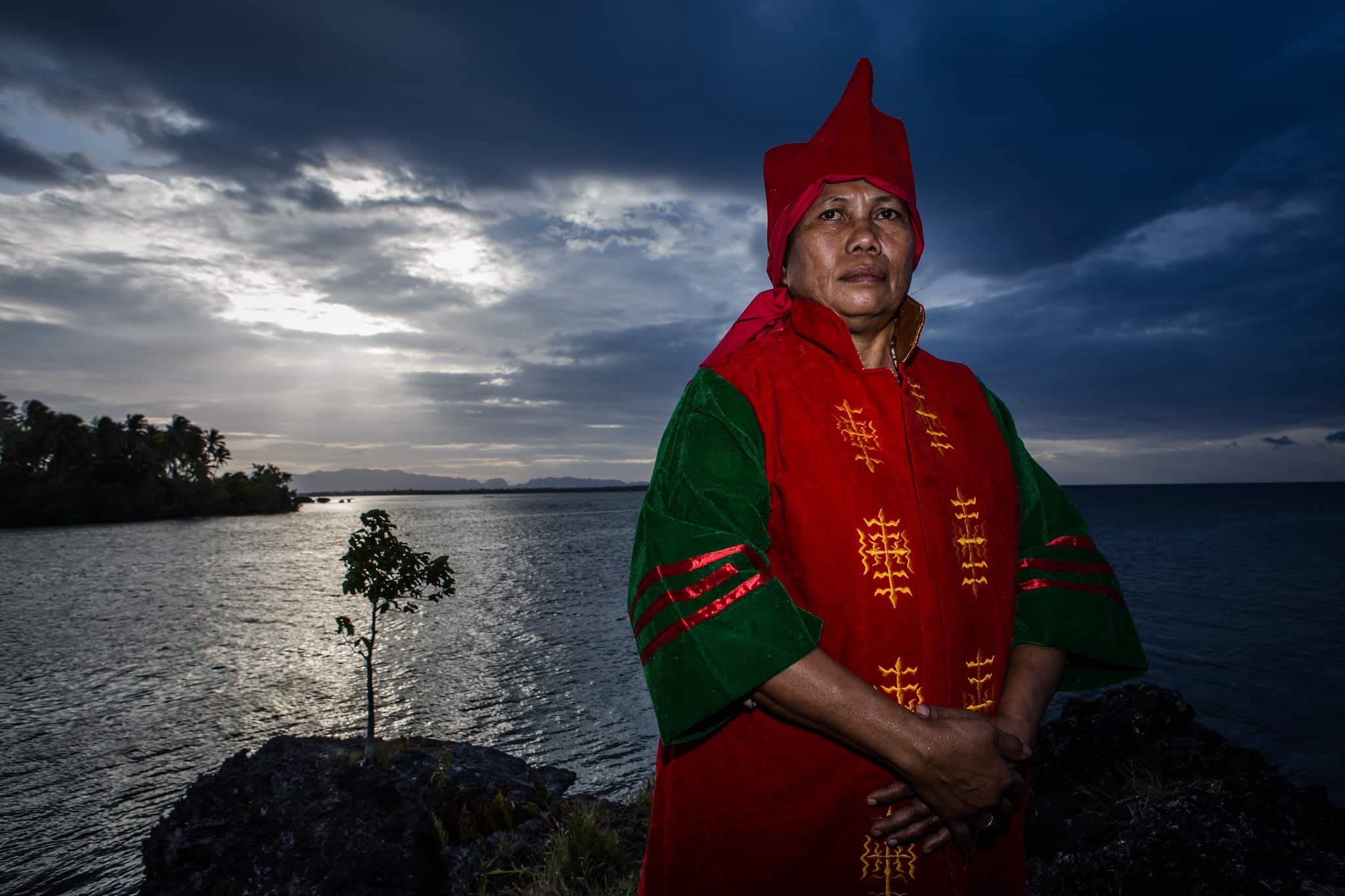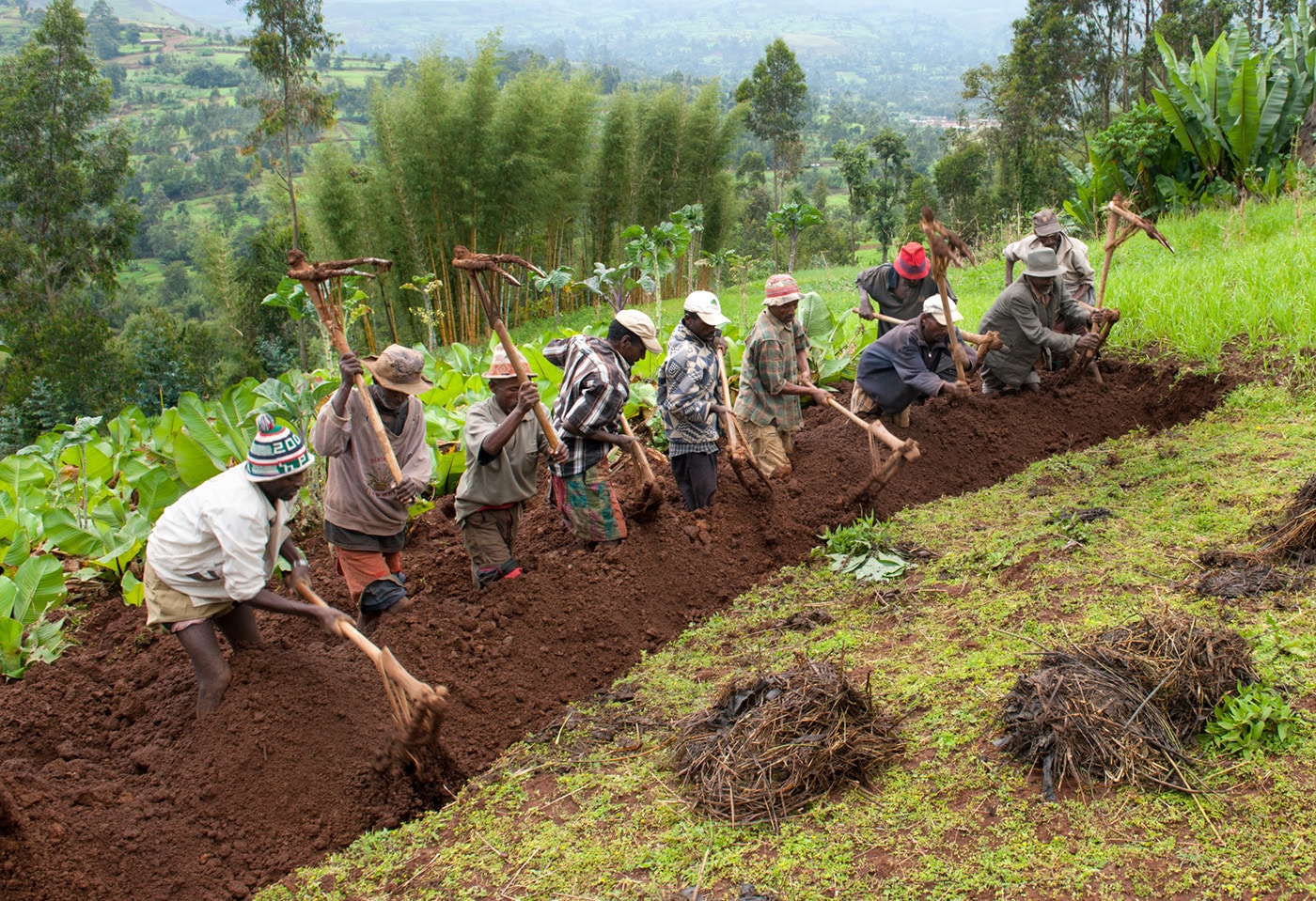Supporting Indigenous Peoples and local communities to protect and revive biocultural diversity
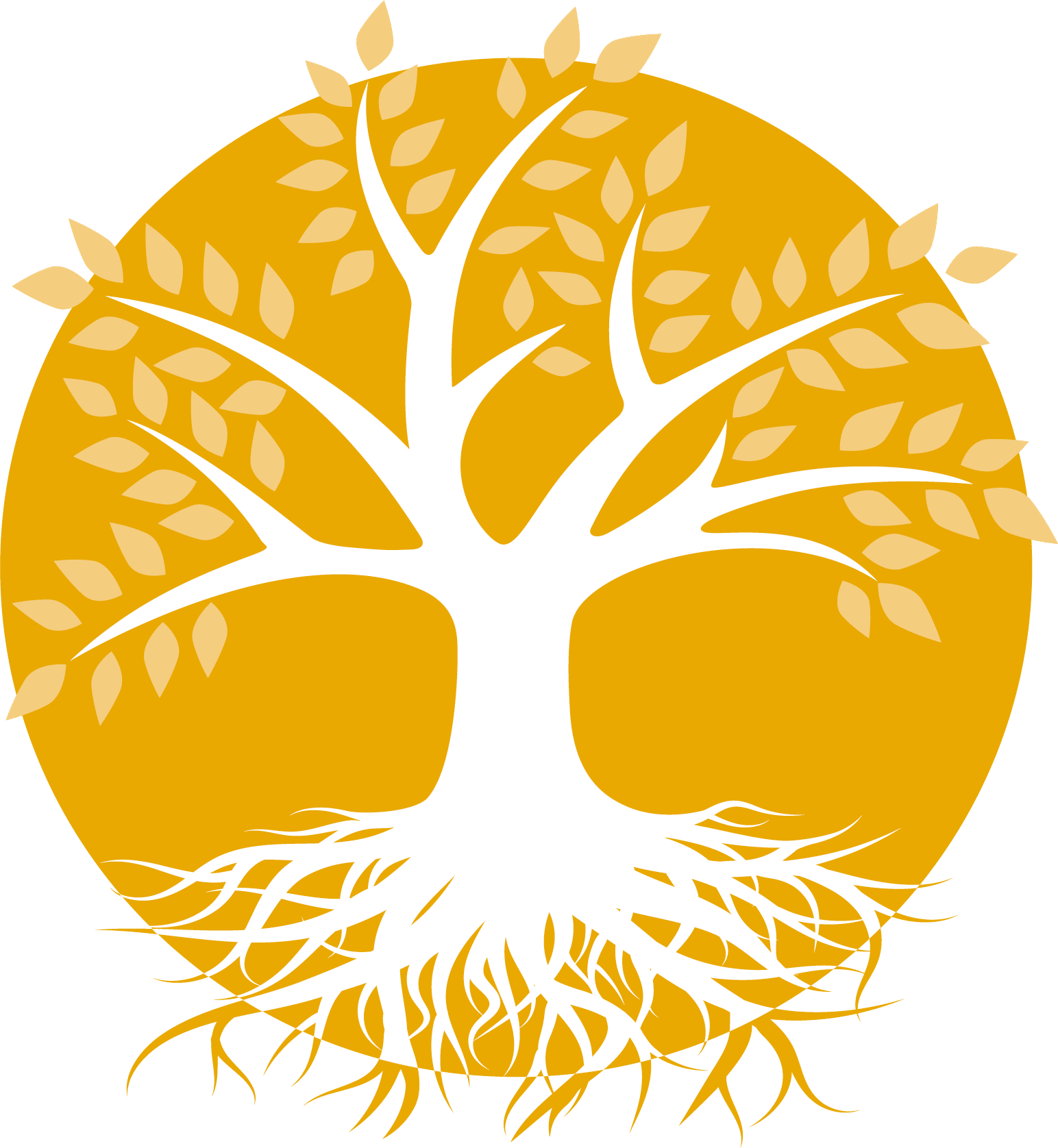
Numerous scientific studies show the importance of the territories managed by Indigenous Peoples and local communities for the protection of ecosystems, biodiversity, and climate mitigation. Where Indigenous Peoples and local communities have strong ties to their territories and are able to remain on them and defend them and their cultures from external threats, biodiversity often flourishes. The evidence is clear: supporting Indigenous Peoples and local communities to protect and revive their territories and all of the diversity held within them should form a key part of any global conservation strategy.
Our Programme
The absence of secure land ownership or tenure for Indigenous Peoples and local communities fuels poverty, social and gender inequalities, food insecurity, conflict and environmental degradation globally. However, when people have secure rights over their land, it helps to address many of these issues.
In addition, the preservation of local cultures is vital to retain the ancestral environmental knowledge that has kept their lands ecologically intact. But despite its importance, funding for protecting and reviving biocultural diversity is severely limited. So, the Biocultural Diversity Programme (formerly the Flourishing Diversity Programme) was founded to support Indigenous Peoples’ and local communities’ organisations to protect and revive their biocultural diversity.
* Images (L to R): Jacob Farris; Indigenous Partnership for Agrobiodiversity and Food Sovereignty; Shutterstock
Cultural diversity and biological diversity are not simply co-incidental; they are mutually sustaining and enhancing.
Partner Profile: Flourishing Diversity
The Biocultural Diversity Programme works strategically with our sister initiative: Flourishing Diversity. Biodiversity, culture and language are deeply intertwined. If we value biodiversity, and strive to protect and restore it, we must also consider our cultural and linguistic relationship with nature.
Flourishing Diversity explores how we can create space to reimagine our culture and convene conversation around our relationship to nature and the diversity which brings it to life.
It is a blossoming cultural ecosystem of people, communities, organisations and ideas; a forum for the voices, experience and skills of Indigenous Peoples and local communities (including elders, leaders, men, women and youth), for conservation biologists, farmers, human rights activists, artists, spiritual leaders, local and international NGOs, youth movements and social enterprises to resist monoculture and promote diversity in all spaces.
Flourishing Diversity held a series of events in 2019, inviting indigenous leaders to speak about their experiences protecting their environments.
In 2018, Indigenous Peoples managed or had tenure rights over at least 38 million km2 in 87 countries on all inhabited continents.
Partner Profile: Fundación Pachamama
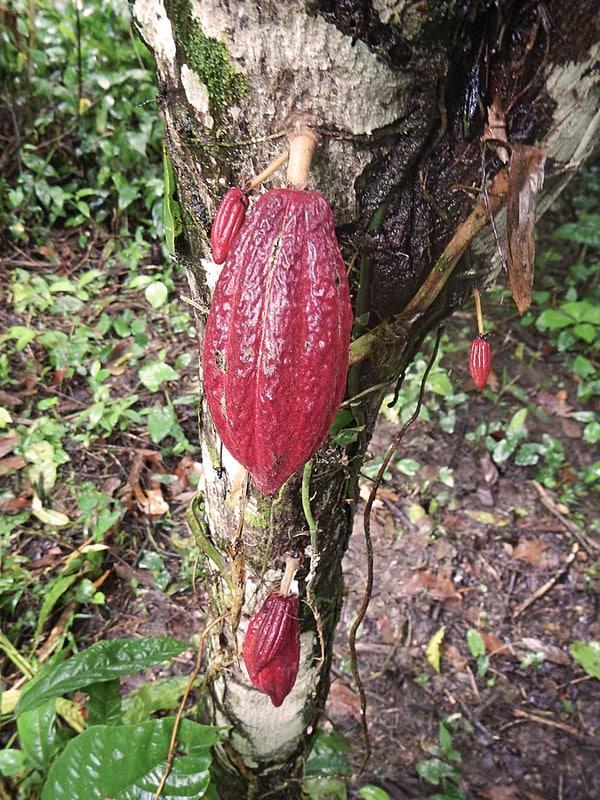
Fundación Pachamama has worked for more than 20 years in the heart of the Ecuadorian Amazon helping indigenous organisations to build Sumak Kawsay (a Quechwa word meaning good living/good life).
It is a partner in the Amazon Sacred Headwaters Initiative (ASHI). ASHI is a collaboration of Amazonian indigenous organisations CONFENIAE (Ecuador) and AIDESEP (Peru) together with Amazon Watch, Pachamama Alliance, Fundación Pachamama, and STAND Earth that aims to permanently protect more than 33 million hectares of tropical rainforests in the headwaters of the mighty Amazon River – the Napo, Pastaza, and Marañon Basins of Ecuador and Peru. The area is known as the Sacred Headwaters of the Amazon.
With a rights-based approach and working in close partnership with the region’s Indigenous Peoples and federations, ASHI seeks to establish a biocultural sanctuary in the heart of the Napo-Marañon watersheds, where indigenous co-governance, alternative well-being indicators, and all activities are judged by the extent to which they foster a mutually enhancing human-Earth relationship.
Many Indigenous Peoples and local communities around the world have the skills, experience and the will to protect and enhance biocultural diversity. With the right funding and collaborative action, we can get direct support to these people and groups to defend their territories and to protect and revive the life within them, and help to build the movements and networks that drive a longer-term narrative and consciousness shift.
Biocultural Diversity News
If you are interested in supporting our Biocultural Diversity Programme, please get in touch.

